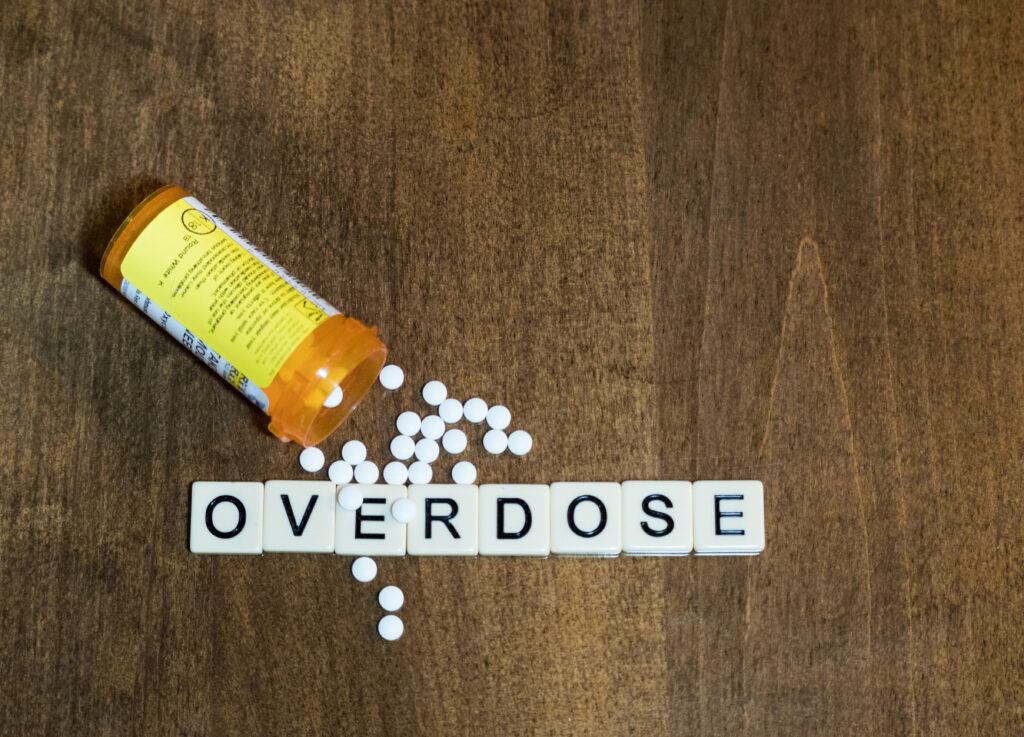Held annually, International Overdose Awareness Day is the world’s largest annual campaign to end overdose and without stigma, remember those who have died and their families.
For 23 years, on August 31, community members as well as government and non-government organizations have held events worldwide to raise awareness and commemorate those who have been lost to drug overdose.
Iris Sidikman, the Harm Reduction Program Coordinator at the Women’s Health Center of West Virginia said the center will not be holding an event on August 31. But, they continue harm reduction work year-round.
“We just continue the work that we do year-round, of providing Naloxone and training on how to use it, of providing fentanyl and xylazine test strips so people know what’s in their drugs, and providing safe supplies to use them with,” Sidikman said.
Sidikman shared some anecdotes about times they have discussed the stigma surrounding drug use with people picking up supplies at the center for a loved one with substance use disorder (SUC), who may be concerned that they are enabling them.
“I’ve been able to have conversations with people about how providing clean supplies and carrying Narcan and providing test strips isn’t necessarily enabling people to do drugs,” Sidikman said. “It’s just allowing them to do what they’re going to do safer and it’s about meeting people with love…we’re actually able to sit down and talk about how each individual thing promotes safety, about how to recognize and respond to an overdose, and those people are usually able to leave a little bit comforted, a little bit more educated and ready to take that knowledge back and meet their person with love.”
Sidikman said every overdose death is a policy failure.
“All the way on the national level, the lack of safe supply and the history of the racist war on drugs, all of those things contribute to shame and stigma for people who use drugs,” Sidikman said. “It makes sure that people are often embroiled in the legal system, they don’t have as many opportunities, and all of those factors can isolate people.”
Sidikman said stigma keeps people with SUD isolated which makes it harder for them to make connections to safe practices.
Appalachia Health News is a project of West Virginia Public Broadcasting with support from Marshall Health.






















